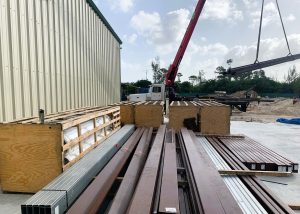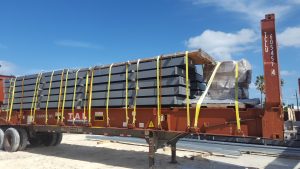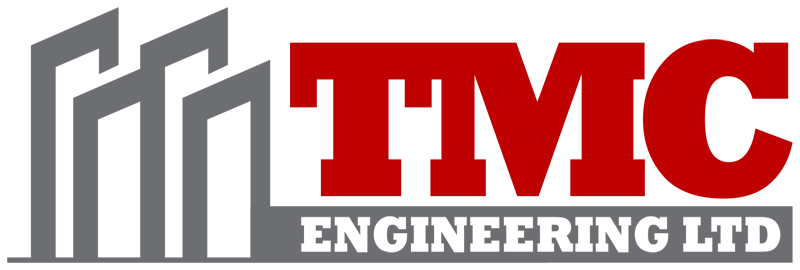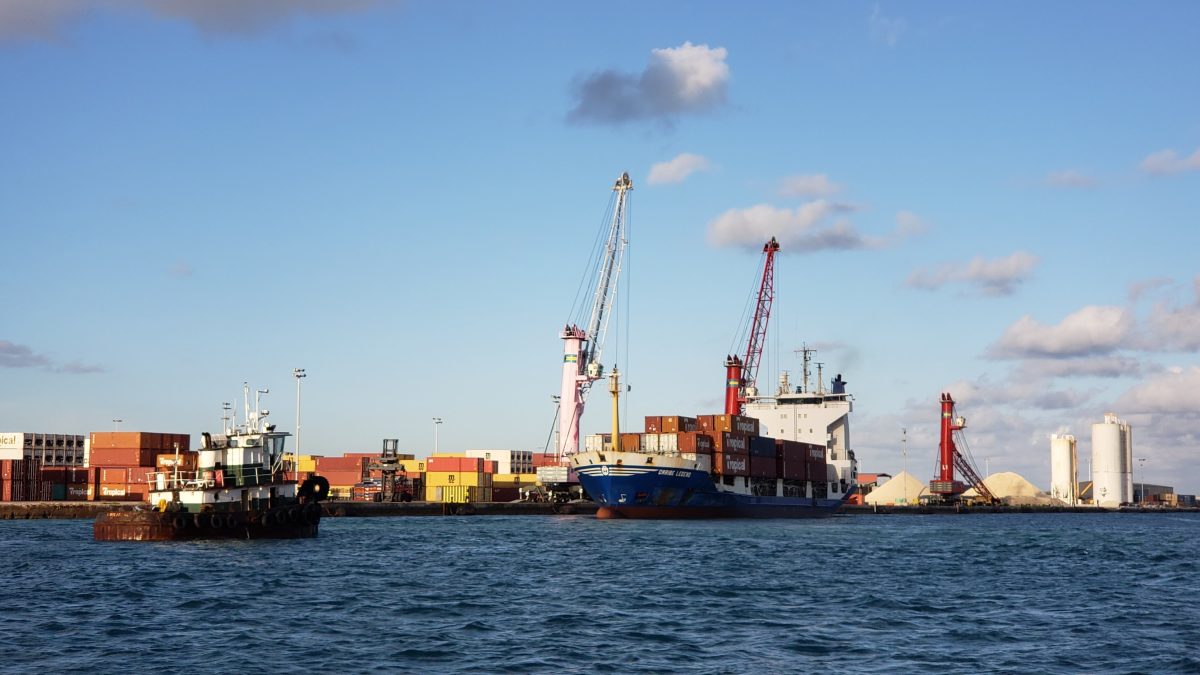Building your dream home or a new commercial facility in the Bahamas is an exciting prospect. But before the first steel beam is erected, you’ll need to master the art of importing your materials. Navigating the logistics and customs procedures can be a complex and costly part of the process, but with the right knowledge and a trusted partner, you can ensure a smooth and efficient delivery of your supplies.
This guide will walk you through the essential steps for importing construction materials into the Bahamas, from required documentation to a breakdown of the fees you can expect. These steps apply throughout the islands of the Bahamas – from the big city of Nassau to the quiet island life experienced on Eleuthera, Abaco, or throughout the Exumas.
1. The Essential Paperwork: Get Your Documents in Order
Proper documentation is the bedrock of a successful import. Any discrepancy can lead to costly delays and fees. You will need to provide the following to the Bahamas Customs Department:
- Commercial Invoice: A detailed invoice from the supplier listing each item, its value, and the terms of sale.
- Bill of Lading: This is the contract between you and the shipping company, serving as a receipt for the cargo. It must accurately reflect the contents of your shipment.
- Packing List: A list detailing the contents of each package, including weights and dimensions. This helps customs officials verify the contents of your shipment.
- Home Consumption Entry (Form C13): This is the official customs form used to declare goods for entry into the country. It is typically prepared and submitted by your customs broker.
- Valid Business License: For any commercial project, this document is a fundamental requirement.

2. Understanding Import Costs: The “Landed Cost” Calculation
Unlike many countries, the final cost of an imported item in the Bahamas is not just the price of the goods. It is the sum of several fees and taxes, collectively known as the “landed cost.” Here’s a breakdown of what you can expect to pay:
- Cost, Insurance & Freight (CIF): This is the base value of your goods, including their cost, the insurance for shipping, and the freight charges to the port of entry in the Bahamas.
- Customs Duty: The duty rate varies significantly depending on the type of material. While some items may be duty-free, many construction materials fall into a range of rates. Your customs broker will classify each item to determine the correct duty.
- Environmental Levy: A fee levied on certain imported goods to fund environmental protection initiatives.
- Processing Fee: A 1% fee on the CIF value of the goods, with a minimum and maximum cap.
- Value Added Tax (VAT): This is currently a flat rate of 10%, but it is applied to the total landed cost (CIF + all fees and duties). This is a critical point to remember as it significantly impacts your total import expenses.
The calculation works like this:
Total Import Cost = (CIF + Customs Duty + Environmental Levy + Processing Fee) + 10% VAT
This is why it’s essential to budget for more than just the cost of your materials.

3. The Customs Clearance Process: A Modern Approach with Click2Clear
The Bahamas has modernized its customs procedures with the implementation of Click2Clear, an electronic single window system. This platform streamlines the entire import process.
- Submission: Your customs broker will electronically submit all of your documents and the customs declaration through the Click2Clear portal.
- Verification: The system instantly verifies the declaration and calculates the total fees and taxes due.
- Payment & Release: Once payment is made, and any required physical inspections are completed, the goods are released for collection.
This system has drastically reduced the time it takes to clear goods, but it underscores the importance of having all your documentation prepared accurately and in advance.
4. The Role of a Specialized Partner Like TMC Engineering
For a commercial project, engaging a licensed Bahamian customs broker is essential, but for a specialized project like a pre-engineered steel building, you have a more streamlined option. A full-service company like TMC Engineering Ltd. can act as your single point of contact, managing the entire logistical chain from the factory floor to your job site.
As a 100% Bahamian-owned and operated company, TMC Engineering has deep-seated relationships with local government agencies, architects, engineers, and freight forwarders. This local expertise allows them to expertly navigate the complexities of both the building code and the customs process.
By using a specialized service, you benefit from:
- Factory Direct Pricing: TMC Engineering’s direct relationship with their manufacturers allows them to offer a competitive “landed price” that is guaranteed to be lower than other suppliers, as they eliminate middle-man markups and US sales tax.
- Seamless Logistics Management: Instead of you managing the ordering, shipping and customs brokerage, they design, estimate, fabricate, deliver, ship, and install the steel building themselves, ensuring a coordinated and efficient process.
- Holistic Project Oversight: They can handle the complexities of paperwork and government approvals, including finalizing plans and submitting them to the Ministry of Works. This ensures that your project stays on track and on budget without you having to manage every minute detail.
By entrusting the logistics to a qualified and experienced partner, you can transform a potential headache into a smooth and predictable part of your construction timeline. With a company like TMC Engineering, you can focus on the more critical aspects of your business, confident that your materials will arrive on time and without complication.

